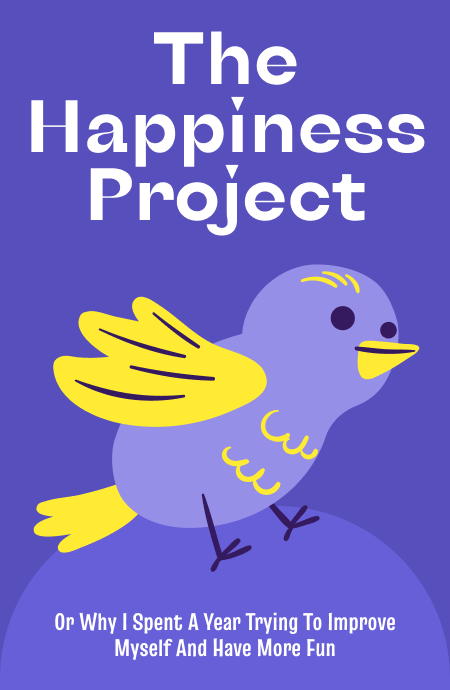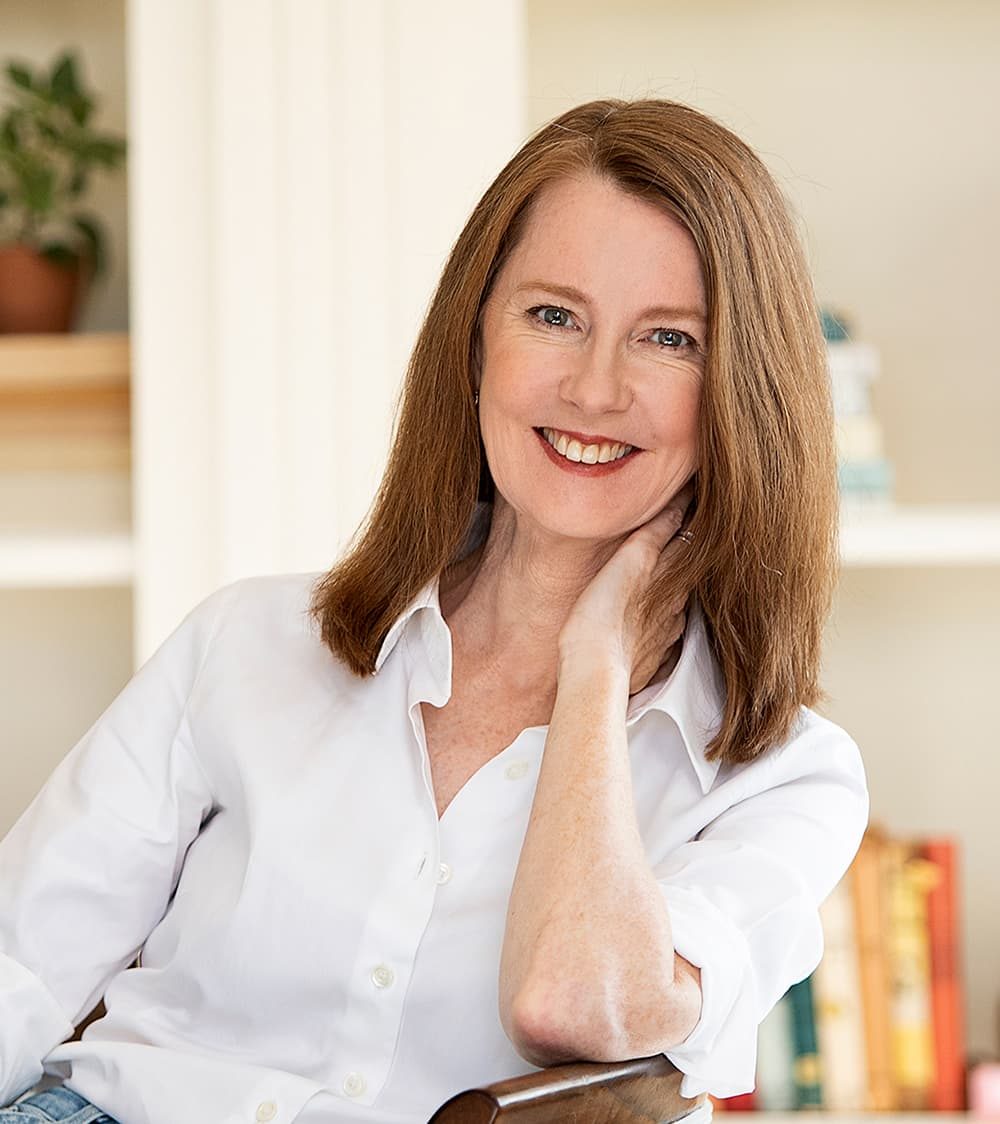Lesson 1- Happiness as a Concept
Before we proceed, it is important to understand the notion of happiness. Many of the greatest minds have tackled the question of happiness like Plato, Boethius, Montaigne, Bertrand Russell, Thoreau, and Schopenhauer. The world’s great religions have dwelled on the question of happiness and sought to explain the nature of happiness. Writers, literary scholars, social scientists, all have taken up the question of happiness.
According to current research, in the determination of a person's level of happiness, genetics accounts for about 50 per cent; life circumstances, such as age, gender, ethnicity, marital status, income, health, occupation, and religious affiliation, account for about 10 to 20 per cent; and the remainder is a product of how a person thinks and acts. In other words, people have an inborn disposition that's set within a certain range, but they can boost themselves to the top of their happiness range or push themselves down to the bottom of their happiness range by their actions.
Aristotle declared happiness to be the ‘summum bonum’, which means ‘the chief good.’ People desire things, such as power or wealth or losing weight, etc. because they believe these objects will lead to happiness. Therefore, we can say that their real goal is happiness. Blaise Pascal argued that all men, without exception, seek happiness. Whatever different means are employed, is done to achieve happiness. One study showed that, all over the world, when asked what they want most from life and what they want most for their children, people answered that they want happiness. Even people who can’t agree on what it means to be “happy” can agree that most people can be "happier," according to their particular definition. In other words, it is possible to boost happiness through certain actions that have a positive outcome
Before proceeding any further, one important fact needs to be understood clearly. The opposite of happiness is unhappiness, not depression. Depression, a grave condition that deserves urgent attention, occupies its category apart from happiness and unhappiness. In the next lessons, we will learn more about happiness and ways to boost it.
Lesson 2- Happiness leads to Energy
Researchers have shown that being happy energizes us, and at the same time, having more energy makes it easier for us to engage in activities, like socializing and exercise, that boost happiness. Happiness, and therefore, more energetic feelings can help in boosting self-esteem as well. Conversely, studies also show that when we feel tired, everything becomes strenuous. An activity that is usually described as fun, like putting up holiday decorations, feels difficult, and a more demanding task and can make one
Unlock Knowledge with Wizdom App
Explore a world of insights and wisdom at your fingertips with the Wizdom app.
 1 Million+ App Download
1 Million+ App Download  4.9App Store Rating
4.9App Store Rating 5000+Summaries & Podcasts
5000+Summaries & Podcasts




